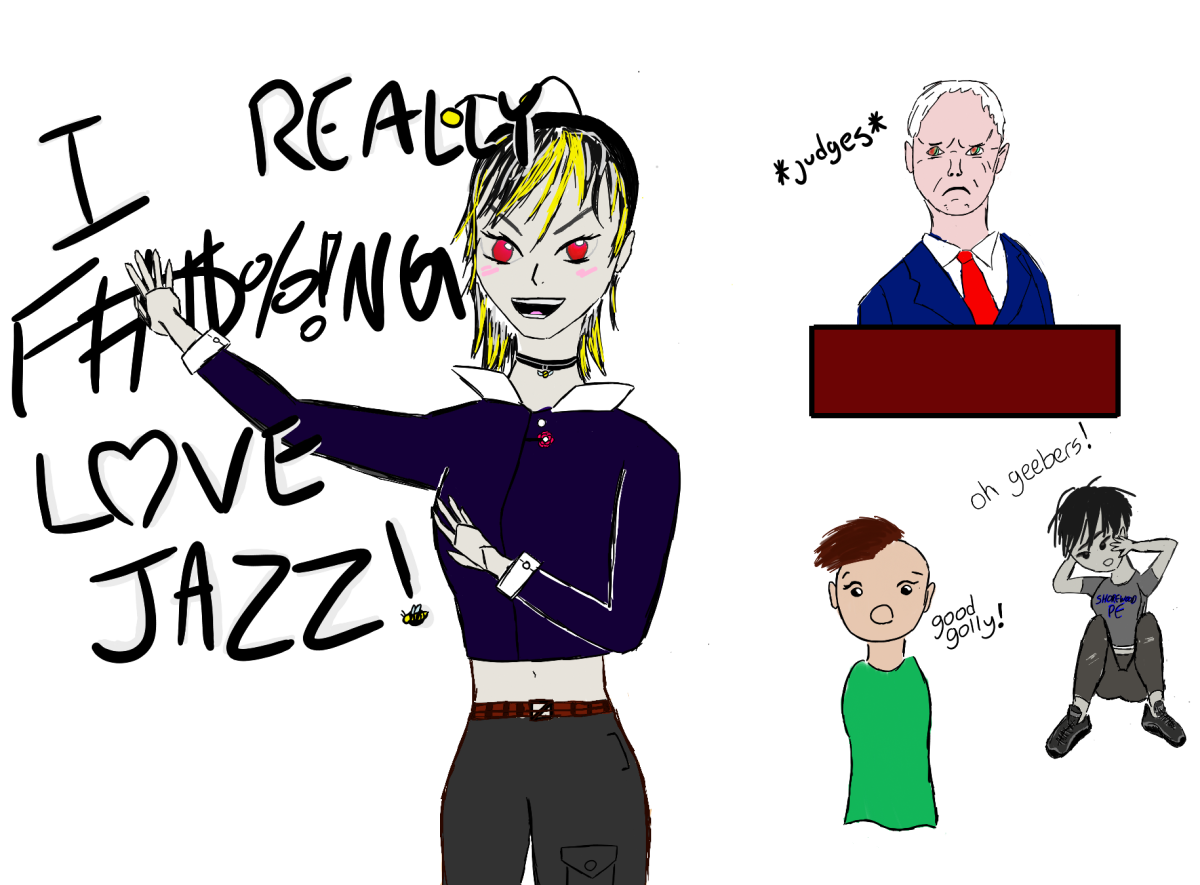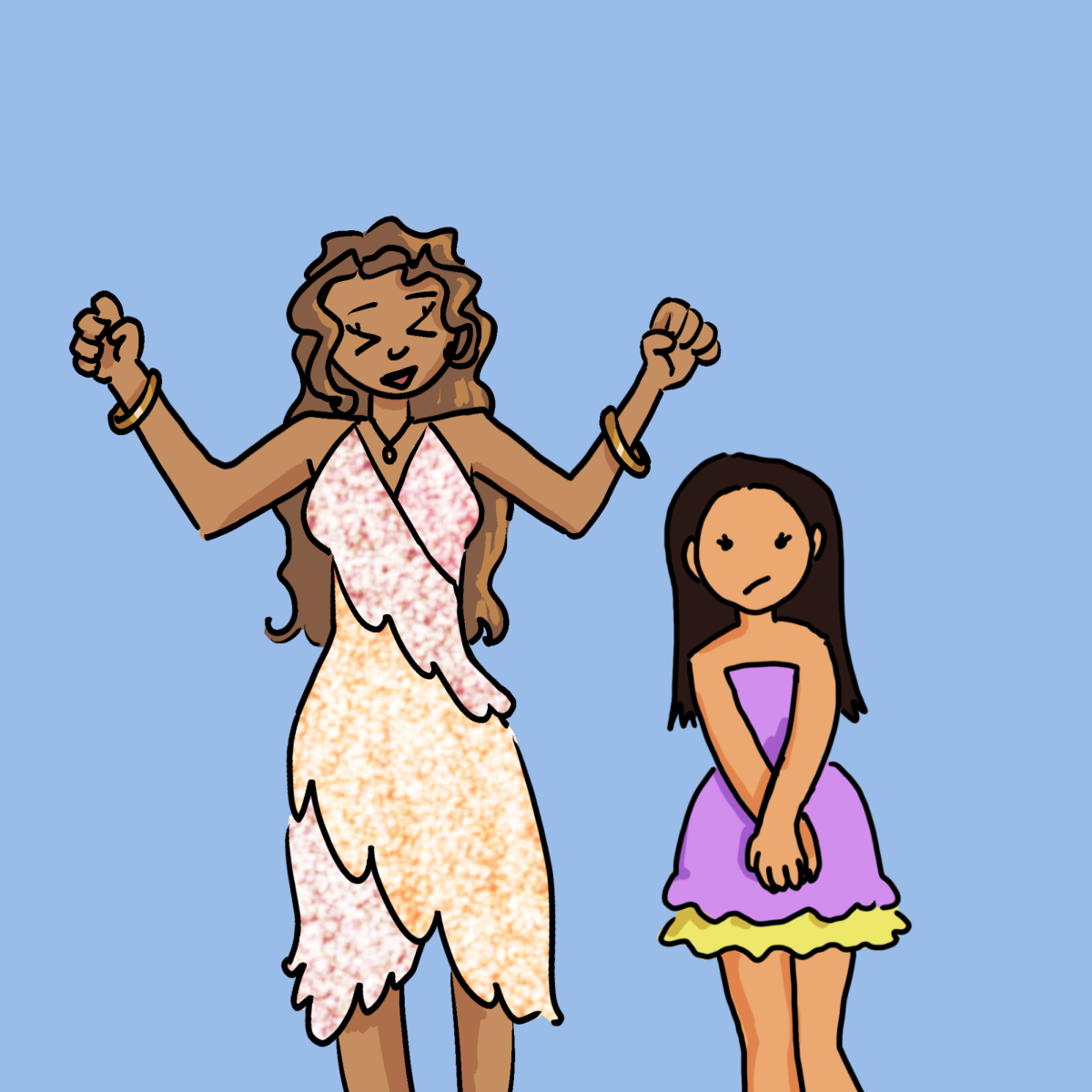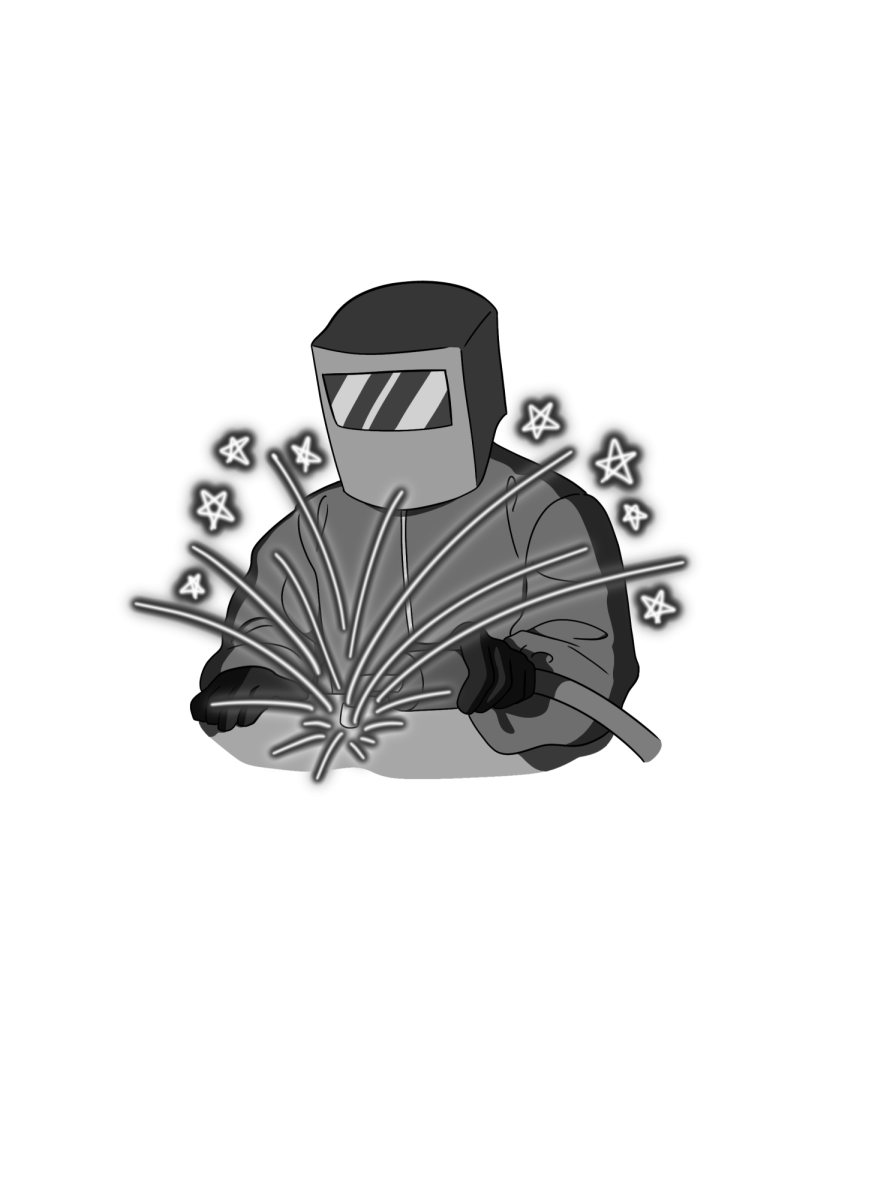Swearing has become a significant part of teen culture these days. You hear it in the hallways, on social media, and even in movies and music. Some people might think it’s just harmless fun, while others see it as a sign of disrespect and a lack of manners.
So, why has swearing become so common among teens?
To understand why this shift has occurred, we must first acknowledge that language is ever-changing; it evolves with society. What was considered unacceptable a few decades ago may now be perfectly ordinary. Swearing has gradually become more normalized, especially in the world of young people. This normalization can be chalked up to several factors, each playing a role in the rise of swearing among teens.
First off, let’s talk about why we swear in the first place. It can serve as a coping mechanism for the stresses and pressures of modern teenage life. Adolescence is like a very bumpy and unpredictable roller coaster and is a very conflict-heavy time, caused by hormonal changes, academic challenges, and social dynamics. In this whirlpool of emotions, swear words can offer a way to release that pent-up frustration and anger. A well-placed profanity can convey a depth of emotion that other words may fail to express in the way the individual wants it to. It becomes a way to use language to deal with the complicated things in their life.
A different possible reason is that swearing can be a way for teens to express themselves and fit in with their peers. In a world where everyone is trying to stand out, using colorful language can make someone feel edgy or rebellious. It’s a way to show they’re not afraid to break the rules or conform to societal norms. They also may feel a sense of peer pressure to swear significantly to not appear weird or out of place if those who are in their friend group do so.
“Some kids swear because they think it makes them seem cool, but it really doesn’t,” says math teacher Kaitlin Aswege.
Another reason is that it’s all around us. We hear swearing in movies, TV shows, and music all the time. It’s become a normal part of entertainment, and teens are exposed to it from a young age. Platforms like Twitter, Instagram, and TikTok are full of memes and videos where swearing is a common way to get laughs or make a point. Swearing is also often used to make characters seem more “real” or to add emphasis to a scene. When they hear their friends, favorite celebrities or characters using swear words, they might think it’s cool and start using them too.
But while swearing might seem harmless to some, it can have negative consequences. Using offensive language can hurt others’ feelings, create tension in relationships, and even get teens into trouble at school. It can also greatly affect how others perceive us. While some people might not care, others – like teachers, parents, or future employers – might see excessive swearing as a lack of maturity or professionalism. Swearing is considered incredibly disrespectful in multiple different religions so it’s vital to remember that not everyone is comfortable with colorful language, so using it in the wrong context can make others uncomfortable.
Another important aspect to think about is the time and place when we should and shouldn’t be swearing. School, for instance, is a definite no. No one wants to hear profanities being yelled throughout the hallways. More acceptable locations for this type of language could be around your friends or people you have a close relationship with.
“On occasion, I might swear around my friends, but I would never swear at school or around students,” said Aswege.
Another issue that could come up is using swear words too often can desensitize us to their impact. What used to be a strong word loses its power when we hear it all the time. This can make it harder for us to express ourselves effectively when we really need to convey strong emotions. Swear words are often used incorrectly as well, and it completely defeats its original purpose when it’s used in a way it’s not supposed to be.
So, what can we do about it? It’s all about finding a balance. It’s important for parents and teachers to have open conversations with teens about the power of words. We should try expanding our vocabulary. Instead of defaulting to swear words, we can get creative with our language. There are plenty of other ways to express ourselves without relying on the same old curse words. Encouraging empathy and understanding towards others can also help teens think twice before using offensive language.
Ultimately, swearing has become more common among teens for a variety of reasons – from media influence to social pressure. While it might seem harmless, it’s important to be aware of the impact it can have on ourselves and others. We need to remember that it is not the only way to communicate our feelings. I believe we can all work together to create a culture where respectful and considerate language is the norm. Let’s be mindful of our words and strive for a more positive and inclusive environment.







